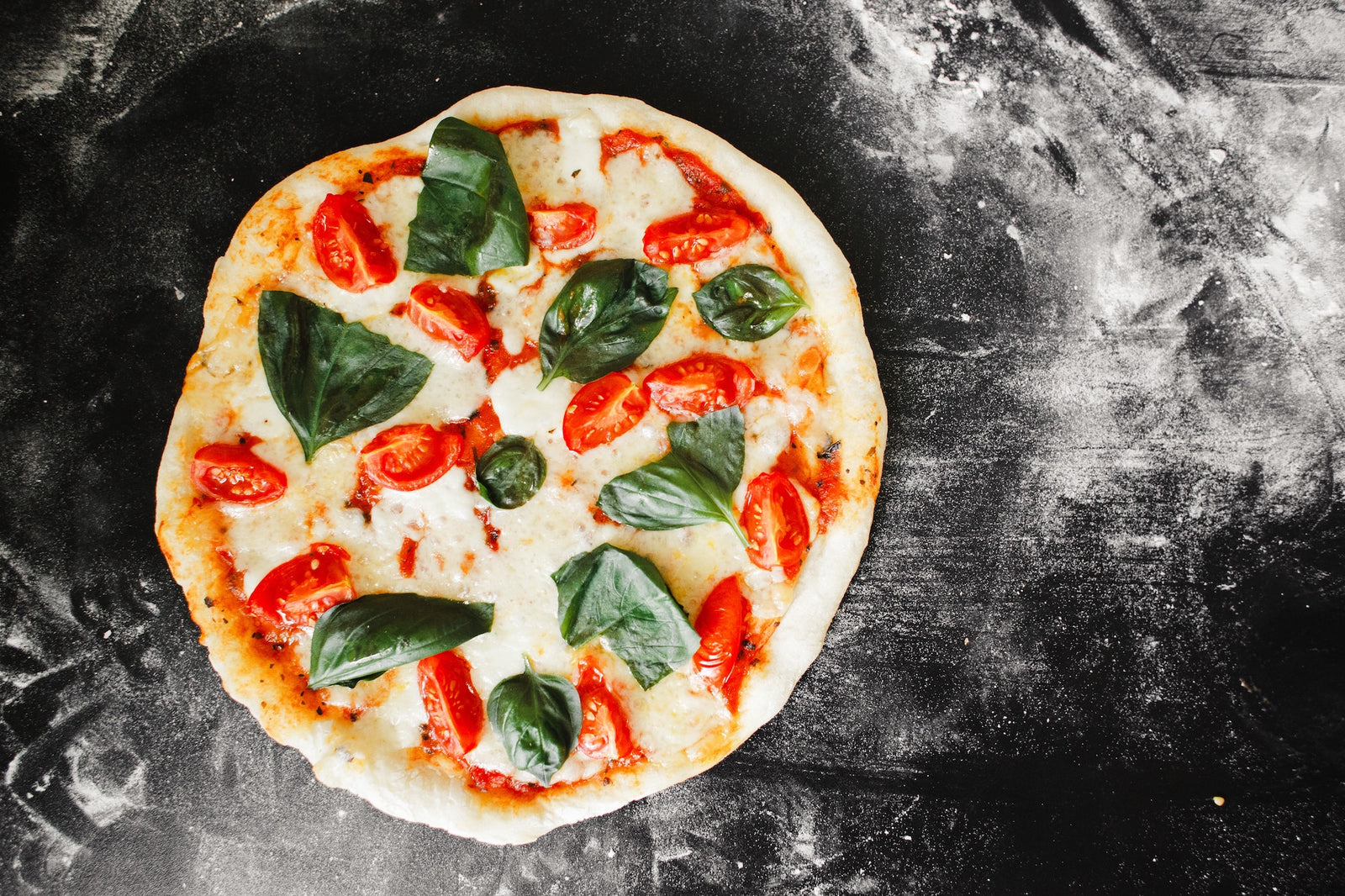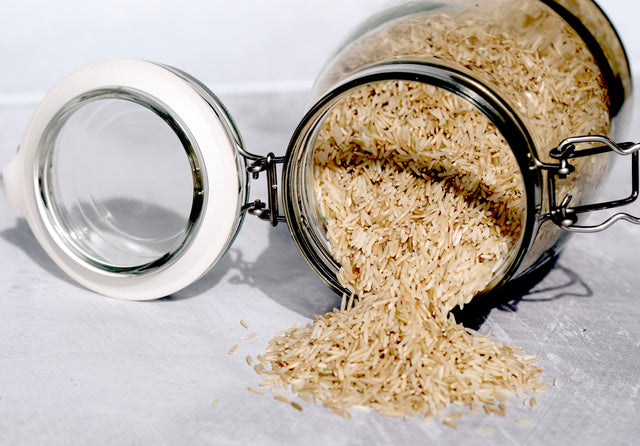“Is this gluten-free?” will go down in history books as the modern-day mantra of dieting trends. Once the word got out that a study conducted at the University of Maryland found celiac disease (gluten-intolerance) was far more prevalent than previously thought, affecting one in 133 Americans as opposed to one in every 10,000, it opened the flood gates to an entirely new market for the food industry. Gluten can be an evil nuisance for those who have celiac disease or classified as gluten-intolerant or gluten-sensitive. It can cause major disruption to your digestive tract, causing bloat, inflammation, and severe discomfort and irritation. Yet, recent evidence suggests that Celiac disease is still a rare condition, affecting only 1% of the U.S. population.
What is Gluten?
Gluten is a large water-soluble protein, that creates elasticity in dough, also known as lectin. Gluten is found in most common grains and some other types of legumes. Gluten can cause inflammatory response in the gut, and create IBS like symptoms such as bloating, abdominal pain, bowel movement disturbances, and nutritional deficiencies for some people.
Should I Go Gluten Free?
With increased cases of gluten sensitivity, and the quick response of food manufacturers with aggressive direct to consumer marketing, “gluten-free” diets have emerged from obscurity and become a 20-billion-dollar industry.
If you have Celiac Disease or gluten sensitivity, then yes, the choice is obvious you should absolutely avoid gluten. But, if you’re giving into the latest dieting trends and “going gluten free” just to do it, I would highly advise you to rethink your weight loss strategy, or about why you’re going gluten free in the first place.
1. It’s Not Sustainable
Eliminating common grains that contain gluten, such as wheat, rye, and barley is one thing, but trying to go completely gluten-free can prove to be quite challenging. Gluten is literally added to everything. It's an emulsifier. It’s what makes pizza dough stretchy, your soups thick and salad dressings tasty. Therefore, total and eminent gluten elimination, is tough.
2. You Eliminate Important Nutrients
Completely eliminating whole grains from your diet and replacing them with gluten free cupcakes, will also forego important nutrients including fiber, b-vitamins, niacin, and iron. Getting the recommended daily intake of 40-50g of fiber per day, is already hard enough. Try doing that on a gluten-free diet.
Studies also suggest gluten free foods, have no nutritional advantage than non-gluten free foods, and have significantly less protein content. Considering that protein is the primary macronutrient, to help build and rebuild lean muscle mass, if your goals are to be more lean, and build more muscle, going gluten free may not be the best option.
3. It’s Expensive
Not only that, it’s expensive, and falls in line with other dieting trends, to simply eliminate foods to lose weight, which in the long run is not sustainable. Have you ever strolled down the bread aisle and seen how much gluten free bread is? You’d be surprised. On average gluten free foods are $1.71 more than their non-gluten free counterparts, and 242% more expensive.
RELATED ARTICLE How To Create An Amazing Meal Plan In 5 Simple Steps
Going Gluten Free: Takeaway
Going gluten free, requires careful meal planning. Eating a diet full of nutritious healthy fats, complex carbohydrates, and lean proteins, is always the best strategy to creating sustainable lifestyle change and a well-rounded nutritious diet. This also partially explains, why so many people feel better when they go gluten free. Eating real food instead of pre-packaged convenient foods packed with preservatives and hidden refined sugars and simple carbs is always going to make you feel better. But you don’t have to go gluten-free do that. Part of creating sustainability, is eating more nutritious whole foods, but also being able to eat things like pizza, pasta, and other carbs which contain gluten in moderation.
If you’re willing to give up and completely eliminate foods like beer, protein bars, salad dressing, granola, pizza, and pasta, then you may have a small chance at being successful implementing a gluten-free diet. But, the list of foods that contain gluten, is lengthy. Instead of going, “gluten-free” try creating a more sustainable lifestyle change. The reason why diets fail, is because they eliminate foods, and severely restrict calories. The gluten-free diet is no different. Instead, focus on eating real foods, cook more at home, avoid packaged foods, and simply eat fewer simple carbohydrates. That way you won’t set yourself up for failure, but still reap the benefits of a clean healthy diet. Foregoing gluten can also increase nutrient deficiencies and can become quite expensive. If you’re not sure where to start, then try consulting a nutrition coach, to teach you how, what, and when to eat so you can reach your goals and create healthier nutrition habits.
More than 2.5 million people have celiac disease, yet only 150,000 have been diagnosed. People can be asymptomatic for years, and it’s often hard to diagnose, since the symptoms overlap with several other medical conditions. If you feel that you do in fact have celiac disease or are gluten intolerant, then consult your gastroenterologist to find the most optimal solution.
Need Help With Optimizing Your Diet And Nutrition Plan To Finally Get The Results You've Been Waiting For?
SWOLVERINE IS AN ENDURANCE ATHLETE AND ACTIVE LIFESTYLE BRAND. MADE FOR THE ELITE ATHLETE, AND THE STRONG-WILLED OUR PRODUCTS WERE DESIGNED TO FUEL YOUR ATHLETIC PERFORMANCE. WE PERFORM WHEN YOU PERFORM.
We believe that everyone can optimize not only their athletic performance but their human potential. The way we believe we can optimize performance is through transparency, clinically effective doses, and clinically proven ingredients with evidence-based outcomes. We provide the nutrients you need to power your active lifestyle.
References
Fasano A, Berti I, Gerarduzzi T, et al. Prevalence of Celiac Disease in At-Risk and Not-At-Risk Groups in the United States: A Large Multicenter Study. Arch Intern Med. 2003;163(3):286–292. doi:10.1001/archinte.163.3.286
Niland, Benjamin, and Brooks D Cash. “Health Benefits and Adverse Effects of a Gluten-Free Diet in Non-Celiac Disease Patients.” Gastroenterology & hepatology vol. 14,2 (2018): 82-91.








